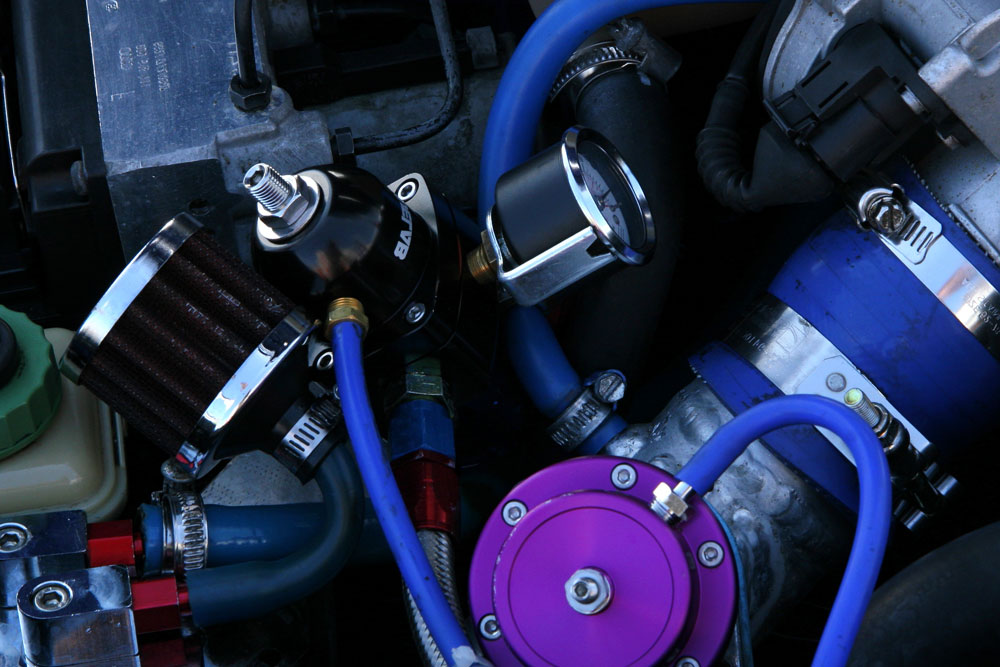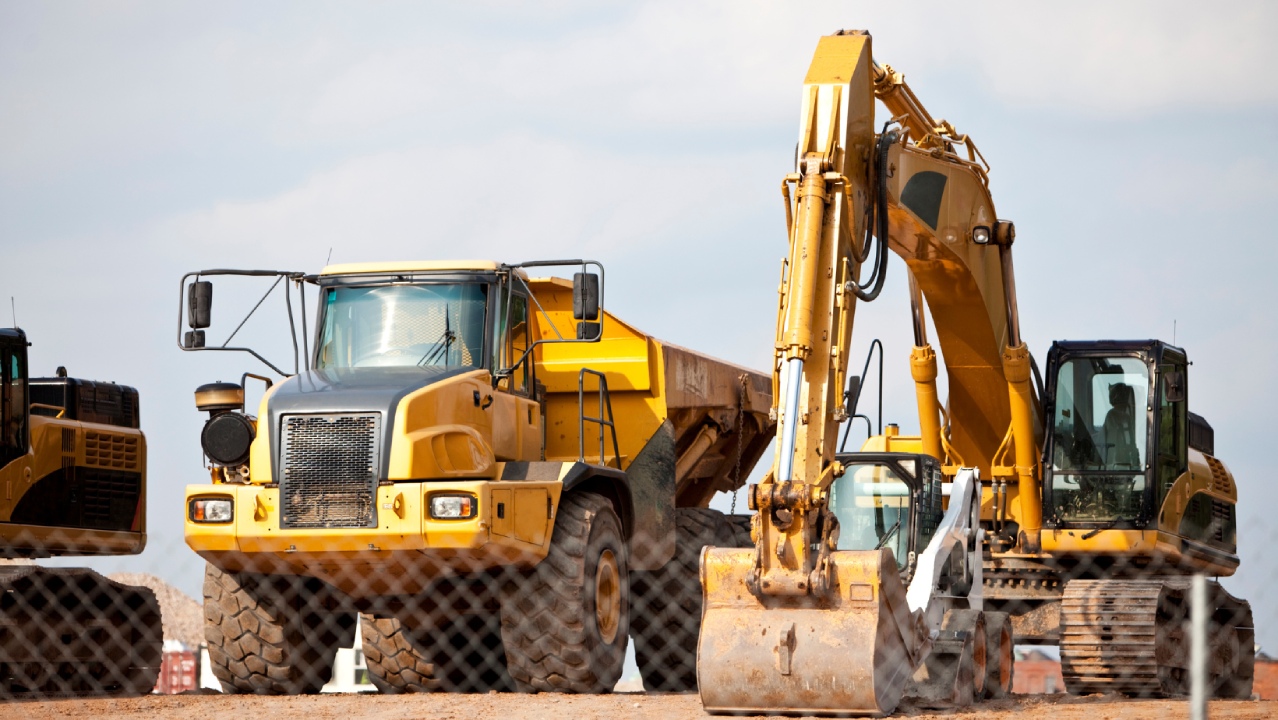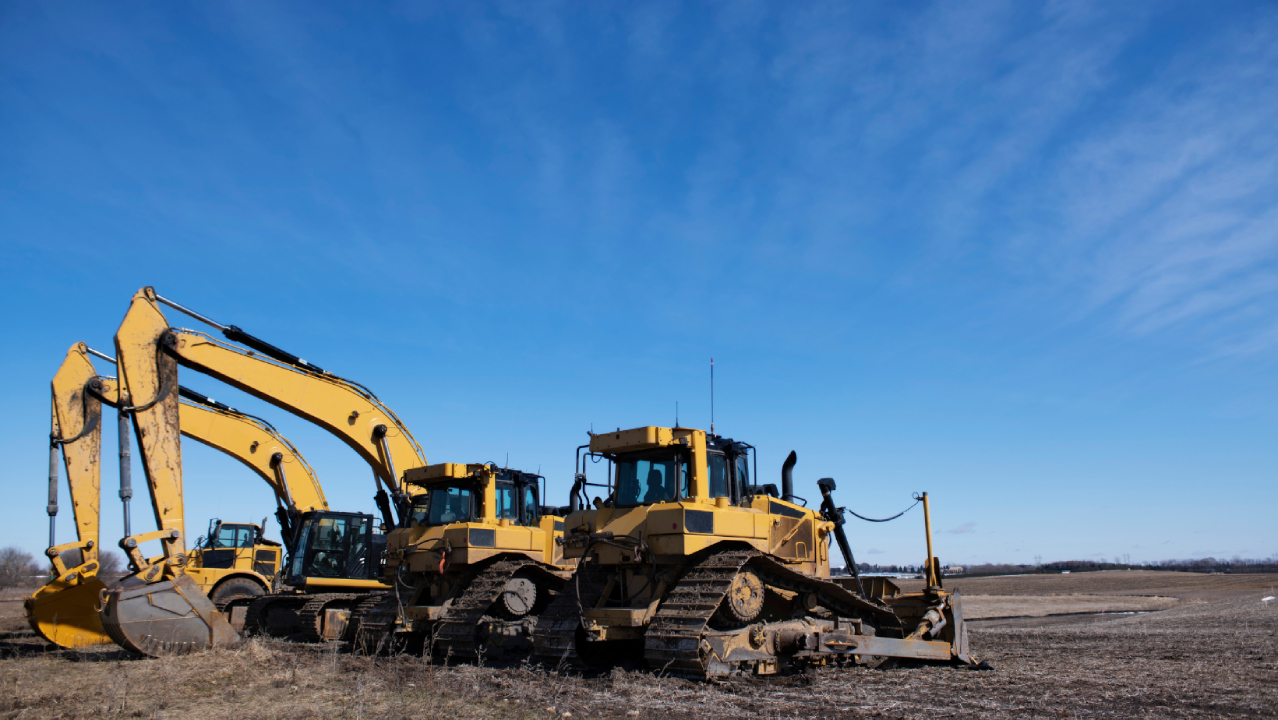Routinely replacing filters saves 3% to 4% or more on fuel. Monitoring temperature and pressure also helps. Check manual for proper idling time to cool engine.
Machinery represents a major portion of capital costs, second only to land in farming operations. A well-kept fleet of machinery lets you respond to changing field conditions and other seasonal needs. Surveys of tractor owners indicate most follow routine maintenance schedules to protect their equipment. Machinery test data supports filter replacement and other general maintenance. When performed at intervals no greater than those listed in operation manuals, the fuel savings are measurable.
Efficient combustion of fuel and air in the tractor’s engine directly affects engine power and fuel efficiency. Filters, usually both primary and secondary, collect particles and impurities to protect the engine from wear. To maintain a proper fuel and air mixture in the engine cylinders, filters must be replaced on a periodic basis, as restricted flow starts to impact combustion efficiency.
In a study by ag engineers at the University of Missouri, farmers were invited to bring their tractors to one of six field days at implement dealers around the state. The result was test data on 99 tractors using a PTO dynamometer. Each tractor was first tested “as is” to determine maximum horsepower available through the PTO shaft. A subsequent test was conducted after replacing the air and fuel filters, after which average tractor power output increased by 3.5%. Filters were replaced on all tractors, whether they were near the end of their useful service life or were recently replaced. Self-reported oil change intervals and engine oil samples collected and tested suggest most tractor operators were following recommended periodic maintenance procedures.
Tests on the 99 tractors indicate that following air and fuel filter maintenance procedures results in a 3.5% power increase. Manufacturers confirmed a 3% to 4% power increase was normal and expected during filter replacement. Consistent filter replacement maintains the tractor’s power output, which is noteworthy since a new tractor costs about $700/hp, depending on its size and options. Adding 3.5% of power on a 200-hp tractor is equivalent to adding 7 hp of engine power.
Alternatively, fuel flow from the throttle could be reduced 3.5% to produce an equal power level after replacing filters. Fuel savings on a smaller (140-hp) tractor was estimated to be 105 gal./yr. Larger tractors would be expected to save proportionately more.
As further evidence of the importance of filter maintenance, combustion power output is directly related to air pressure available to fill the combustion cylinder. A vacuum drop of 0.5 psi air pressure across an air filter results in 3.5% less air entering the cylinder in a naturally aspirated engine. The relationship in a turbocharged diesel engine is more complex, but results in a similar trend if oxygen is limited for combustion.
Combustion efficiency is affected by engine operating temperature within a certain range. Engine wear increases rapidly if lubricating oil breaks down at high temperatures, or water condenses at lower temperatures and reacts with sulfur compounds to create corrosion.
Monitor thermostat
Thermostats on many engines open around 180 degrees F, but consult the operation manual. Include periodic inspection and replacement of coolant, and possible replacement of the engine thermostat if it is defective in maintaining proper engine temperature.
Letting a diesel tractor engine idle for a few minutes after hard work lets cooling oil circulate. Before idling for 8 to 10 min., check the operator’s manual. Newer tractors may need only 3 to 5 min. or less of idling. Road transport at a lower engine speed before shutoff may eliminate the need for cooldown. Ten min. of excess idling consumes a ½ gal. of fuel or more on a larger tractor used for tillage.
Diesel fuel forms waxy, solid crystals during cold weather. The temperature at which diesel begins to “cloud” as solids form depends on the diesel refining process. Refining that lowers the cloud point for cold-weather diesel operation also reduces the fuel’s energy content. To adjust, use No. 2 diesel fuel during warm weather, but No. 1 during cold weather. No. 1 diesel reduces plugging of filters or fuel injection systems due to its lower cloud point. Switch fuels in late fall and then spring. If a supply of No. 2 fuel must be carried into colder weather, fuel additives are available.
To cut fuel loss due to evaporation, use white or aluminum-colored paint on aboveground fuel storage tanks, unless another color is required by fire code. Use a vacuum and pressure-relief valve on large tanks to cut evaporation. For onboard tanks, use a vented or unvented fuel cap per manufacturer recommendations. Visit farmenergy.exnet.iastate.edu.







